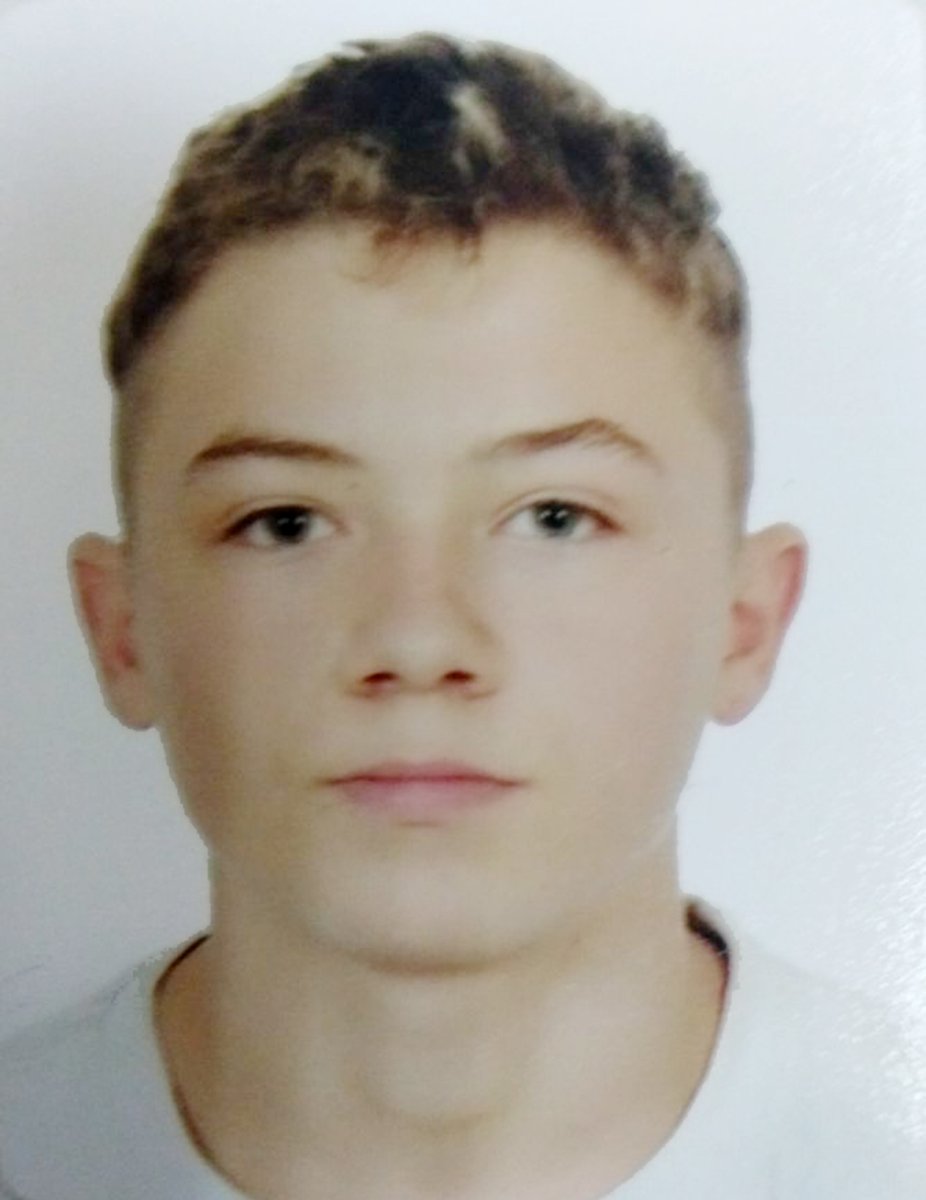
@Iran_UN @TakhtRavanchi Two students, Ali Younesi, aged 21, and Amirhossein Moradi, aged 22, are arbitrarily detained in section 209 of Tehran’s Evin prison. Following their arrest in April 2020, they were held in solitary confinement for 60 days in violation of the absolute
prohibition of torture and other ill-treatment. Ali Younesi revealed to his family that he had been denied adequate healthcare for injuries to his left eye sustained during beatings by Military of Intelligence agents and that lights in his cell were turned on 24 hours a day,
which left him with no sense of day or night. Amirhossein Moradi also reported being beaten harshly during his arrest.
Ministry of Intelligence agents repeatedly interrogated these two university students, without their lawyers present and forced them to make “confessions,” in
Ministry of Intelligence agents repeatedly interrogated these two university students, without their lawyers present and forced them to make “confessions,” in
violation to their right to remain silent and not to incriminate themselves. During a hearing before Branch 29 of the Revolutionary Court of Tehran held on July 3, 2021, they were accused of “corruption on earth” (efsad-e fel-arz), which carries the death penalty, “gathering and
colluding to commit crimes against national security” and “spreading propaganda against the system”. The authorities violated their right to be presumed innocent by publicly accusing them of ties to “counterrevolutionary” groups apparently based on their families’ real or
perceived association with the People’s Mojahedin Organization of Iran (PMOI), an opposition group based outside of Iran. Authorities also made unfounded accusations of having found “explosive devices” in their possession. Both students denied these accusations. Their
interrogators also accused them of removing posters of Iranian officials and participating in peaceful protests in January 2020.
Ali Younesi and Amirhossein Moradi must be released immediately and unconditionally. They are prisoners of conscience, detained solely based on
Ali Younesi and Amirhossein Moradi must be released immediately and unconditionally. They are prisoners of conscience, detained solely based on
their families’ real or perceived ties to opposition groups. In the meantime, Iran should guarantee that they are protected from torture and other ill-treatment, provided medical care they may require, and given access to their families and a lawyer of their choosing. Further,
there should be independent investigation into allegations that the two were beaten upon arrest, tortured and ill-treated. Those found responsible must be brought to justice.
@threadreaderapp unroll
• • •
Missing some Tweet in this thread? You can try to
force a refresh




